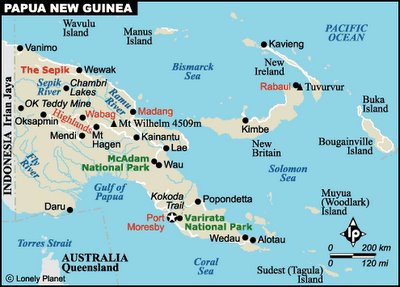San Francisco has become the first city in the United States to consider converting pet faeces into methane that can be used for fuel, according to the San Francisco Chronicle.
"American dogs and cats produce 10 million tons of waste a year, and no one knows where it's going," said Will Brinton, a scientist in Mount Vernon, Maine, and one of the world's leading authorities on waste reduction and composting. Pet faeces that avoids landfill is left on the ground, where it dissolves and flows untreated into the water table. Some is inadvertently collected along with garden waste and tossed into compost bins, a dangerous practice because animal waste is full of pathogens.
Sunset Scavenger, a subsidiary of Norcal Waste, has plans to collect and process the waste in a methane digester—a low-tech machine that uses bacteria to convert organic matter to methane in about two weeks.
"Poop power? Yes, it's possible to produce electricity, natural gas and even fuel from Rover's poop and other waste material," said Robert Reed, a spokesman for Norcal Waste. "There are a lot of bugs to work out, steps to figure out, costs to be considered, but we are beginning to talk to the city about it and look into this area more actively."

















